Cet article est également disponible en : Français
Samarkand: the jewel city
Samarkand, the legendary. Samarkand and its blue domes. One of the highlights of the region. As usual I leave Utopia and prefer to walk around the city.
The avenues are wide and modern. The monuments are magnificent… in their walled settings. Hide this city from me that I can’t see. Some working class neighbourhoods have been razed to the ground and their inhabitants relocated to the outskirts. And several meters high walls have been built to separate the city’s monuments. Aesthetically it’s pretty pretty… but where’s life?
The useless guardian.
He’s here with his scanner in his hand. He checks visitors’ tickets and their luggage at the entrance to Registan, Samarkand’s main historical site. His uniform is impeccable. Its function is essential: to ensure our safety… I entered, totally involuntarily following my GPS from behind. No guards, no closed doors… but in any case it matters… terrorists are mostly in Europe, not here. The atmosphere is serene, relaxed and stress-free. Far from the image that some media want to convey to us….
the bridal ball.
They are there, dashing and cheerful although a little stressed, a cameraman hanging on to their Basque. The car? A Mercedes of course and the dresses of an immaculate white. I wonder when this custom of getting married in white dates back to? Here as elsewhere. I have a picture of my great-grandmother at her wedding at the beginning of the 20th century. She was all dressed in black. But here, the dresses are all white and the atmosphere is good. There is laughter. It’s wedding season, it seems. I counted at least 20 of them during the day. May happiness be on their way.
Backpacker: new travellers
When I was 20, in the backpakers, we met other young Europeans: mainly Germans, French, English and some Americans at first. Then when their standard of living allowed them to travel, we saw Italians and Spaniards. The years passed and it was the turn of the Japanese, Koreans and Chinese.
From now on, in youth hostels, we find all of them coming from different nationalities: Pakistanis, Azeris, Turks, Afghans, Indians and many others.
But tourism is not the only motivation for these travellers. In Tashkent, the Turk was there to have his teeth fixed, the Pakistani to try to find new business opportunities. The Afghan, for his part, wanted to find a place to live for himself and his family: a former “fixer”, he was tired of this life under permanent tension and especially the father of a very young boy. It had decided him to migrate in order to protect his family.
The travelling autistic person
One morning like any other in the youth hostel: badly awake, everyone meets in the kitchen. When I enter, there are already 5 or 6 people. I greet them. Breakfast is quite frugal: a few slices of a kind of salami, a kind of cooked cheese, coffee, jam, bread and eggs. Yes well, not so frugal, but the eggs I can’t take it anymore. But this morning, instead of eggs, I am happy to find a kind of rice pudding. I love it. I love it. I’m settling in. My neighbour on the left has his nose in his laptop. Just like my right-hand neighbour, by the way. As well as their respective neighbours. I look at them. They remind me of autistic people. Until recently, I was like them. Travel is about exchange. I mean, it was. It is still, certainly, I force the line voluntarily and fortunately there are still spaces for discussion and laughter but, but… damn screens!
That morning, right in front of me, there was a young Asian girl. A Japanese one. She’s the only one with me who doesn’t have her smartphone. Our eyes meet. Once, twice, twice. A smile. We’re starting to talk. Face to face, without a screen.
(For my part, I am continuing my detoxification program. Not completely cured but it is much better. How to look around, when you have your nose on your screen?)
Islamic you said Islamic?
Cold, damn it, it’s cold. About 300 km separate Samarkand from Bukhara but with the temperature it is like torture. I put on everything I had: it’s the onion technique. I stop for the first time in a kind of restaurant for coffee. Strange building, huge, almost in ruins. Or rather never finished. I start by asking where the toilets are. The cold makes me want to pee… the waiter shows me a small building 100 m away, along a small dirt road: there are no toilets inside. I hesitate to stay, but I’m too cold. The man takes me to a very small room. Happiness: it is heated. The decor is very kitschy. This is not the first time I have seen this kind of room in Central Asia: rather than a large restaurant room, the space is divided into several small, rather intimate rooms. By the time I drink my coffee, I’ll be on my way. A hundred kilometres away, I am cold again and hungry. I’ll notify a truck stop on the side of the road. More engaging than the first one: a large room with several tables, only one of which is occupied. I set up and order Tzatzíki, a Turkish starter that I particularly like, as well as a soup. I eat quietly, then I go to the checkout to pay. The boss, with a big smile, told me that she was offering me the meal. I return her smile, thank her and drive away with a smile on my face. Yes, hospitality is not an empty word here. Thank you to her.
The woman who had gold teeth
Gold teeth. I hadn’t seen any since I was a child. At the time in Turkey, this was common. Now it is part of history. Ceramics has long since replaced this expensive metal. This is still common here. Another traveller, Marie, a nurse, told me that she had been invited to spend a few days with a family. She speaks Russian, which makes it easier to meet people here. The woman had gold front teeth. Mary asked him why. The answer left her stunned: a punch from her first husband… As a result, she wondered: all her wives with gold teeth…. Punches? The gold teeth acting as a bouquet of flowers from the violent husband? I must admit that I also asked myself the question for a few days. Until I met a uzbeck, his front teeth blackened and reduced to snags. He was barely 32 years old. I didn’t dare ask him what had damaged his teeth so quickly. But punches probably don’t explain all the gold teeth… fortunately.
Roles reversal.
The young shepherd, follow his sheep, perched on his donkey. I stop to take a picture of him. A “natural” and sometimes indiscreet act by the average tourist. Photos that you show to your friends when you come home. Well, that was before social networks. From now on, we put them directly on Instagram or Facebook. The child, when he gets to my level, jumps off his donkey, takes a smartphone out of his pocket and takes a selfie with me. I smile. I’m getting used to it: it hasn’t stopped since the beginning of my trip. From now on, it is the tourists who are photographed… just a return of things.
“and if you didn’t exist”
For my last night in Samarkand, I decide to test one of the best restaurants in the city… yes, I have a reputation to uphold. And besides, cooking is an integral part of a country’s culture, isn’t it? The restaurant is quite cosy, all made of wood. Few customers that evening, but it’s a weekday and I arrived quite late: people eat early here. A singer, an old man with white hair, sings in a corner of the room. Suddenly, I’m listening. Yes, this melody, I know it…… Listen ” and if you didn’t exist ” by Joe Dassin, sung in Russian in a Uzbeck restaurant, it’s priceless…

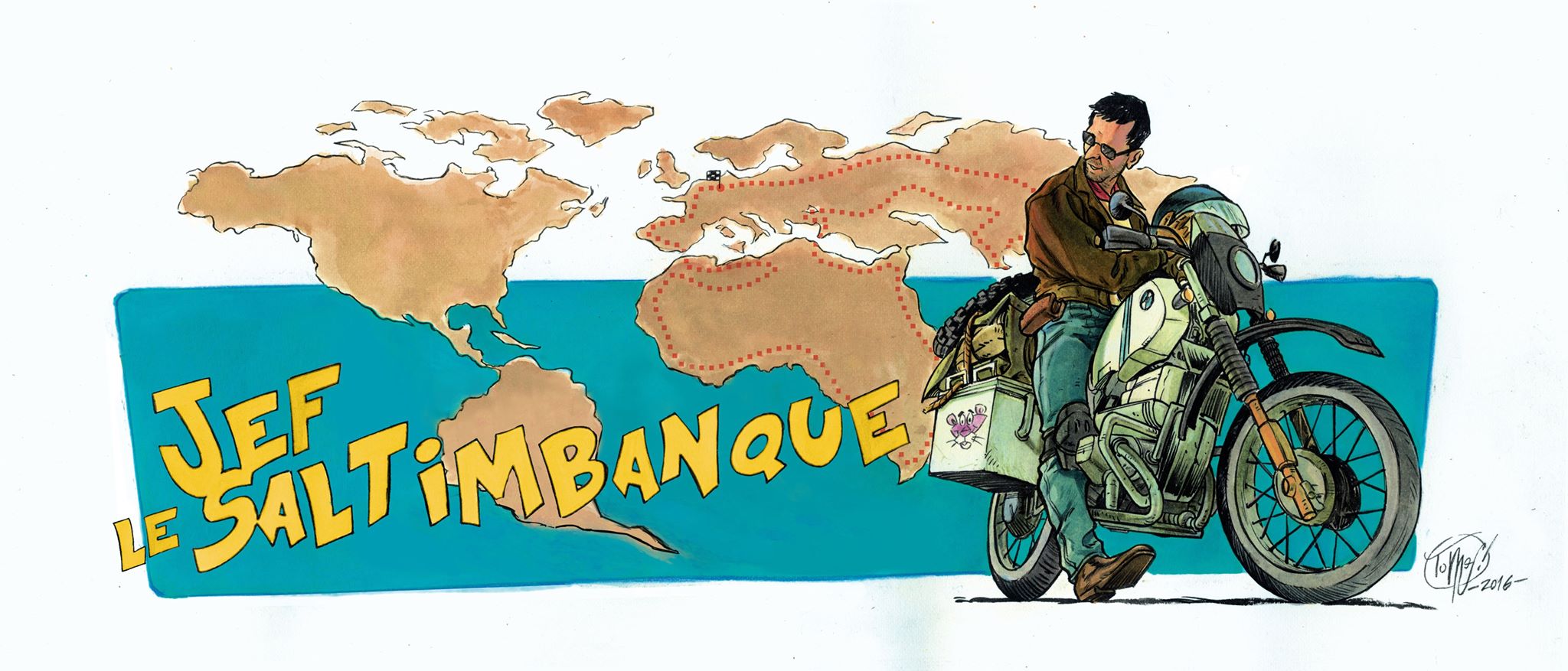
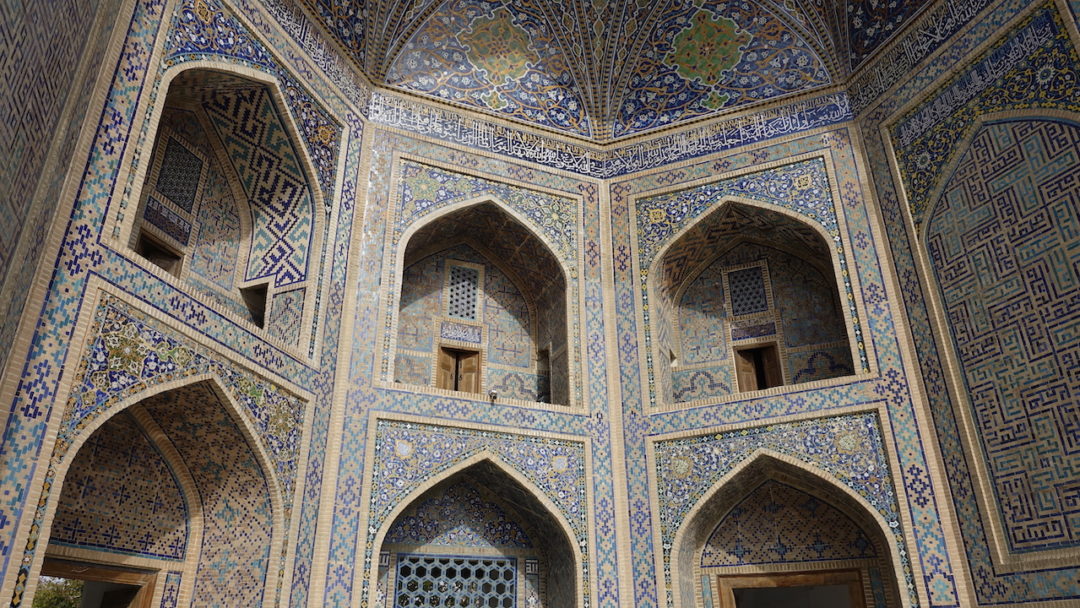
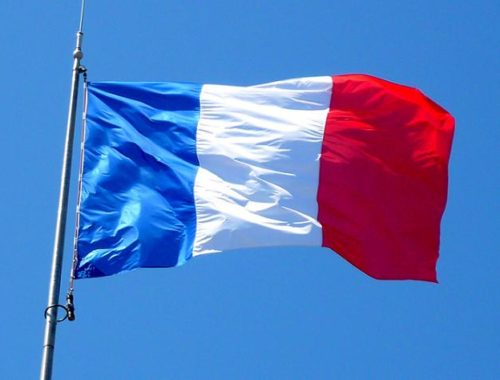
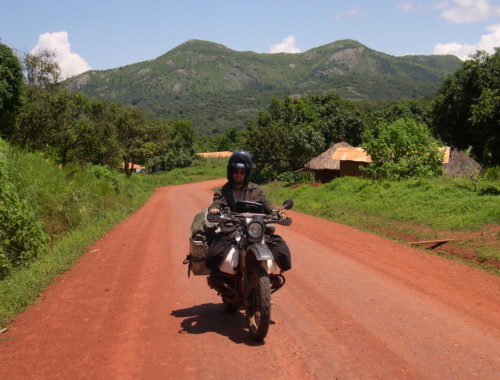
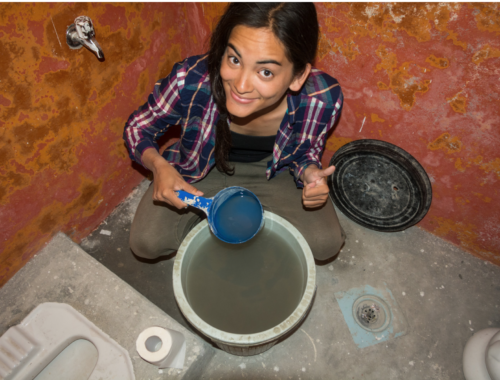
1 Comment
Toujours un plaisir de te lire. Tu m’as fait penser à Corto Maltese. Hugs.